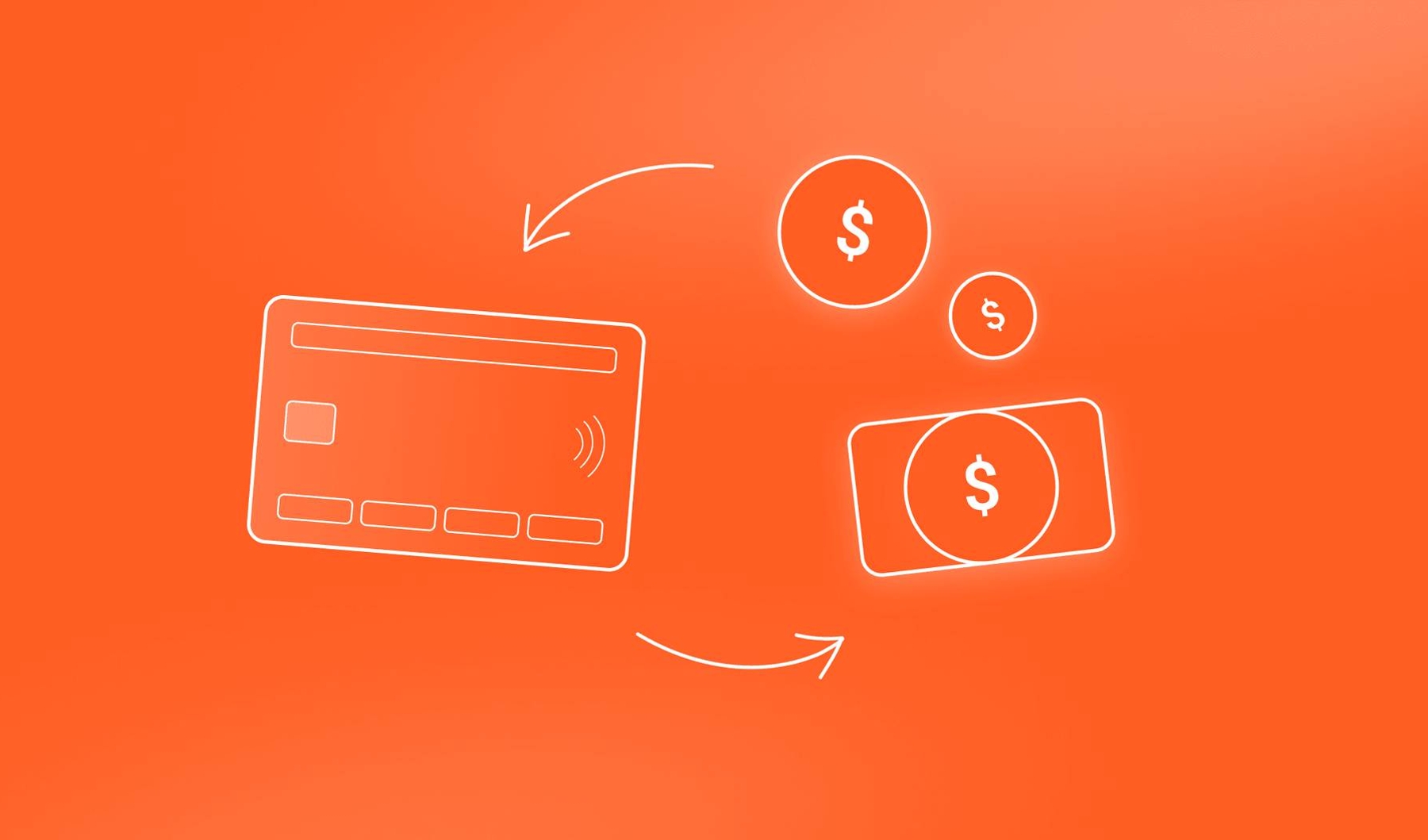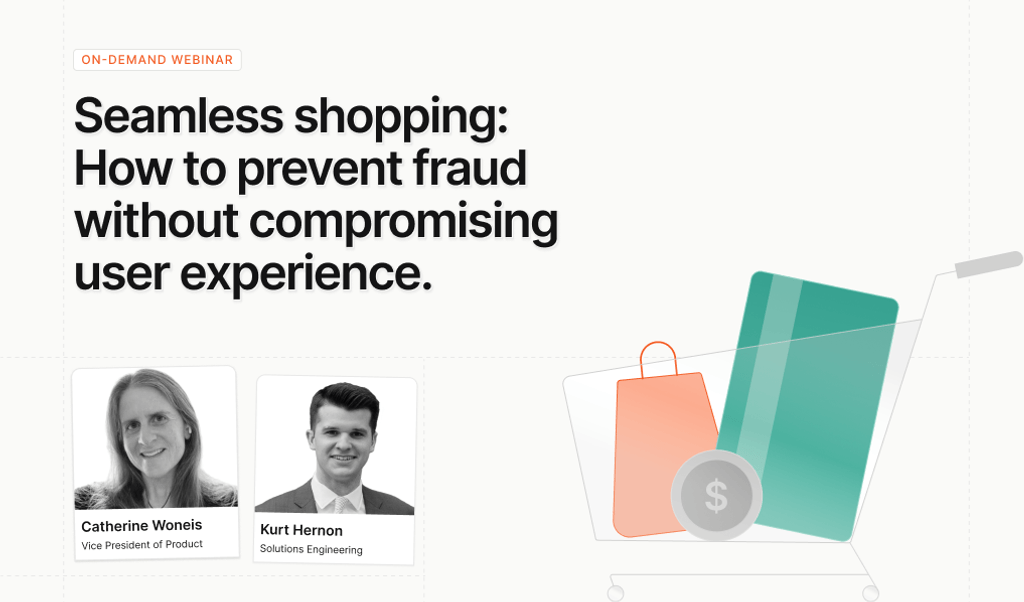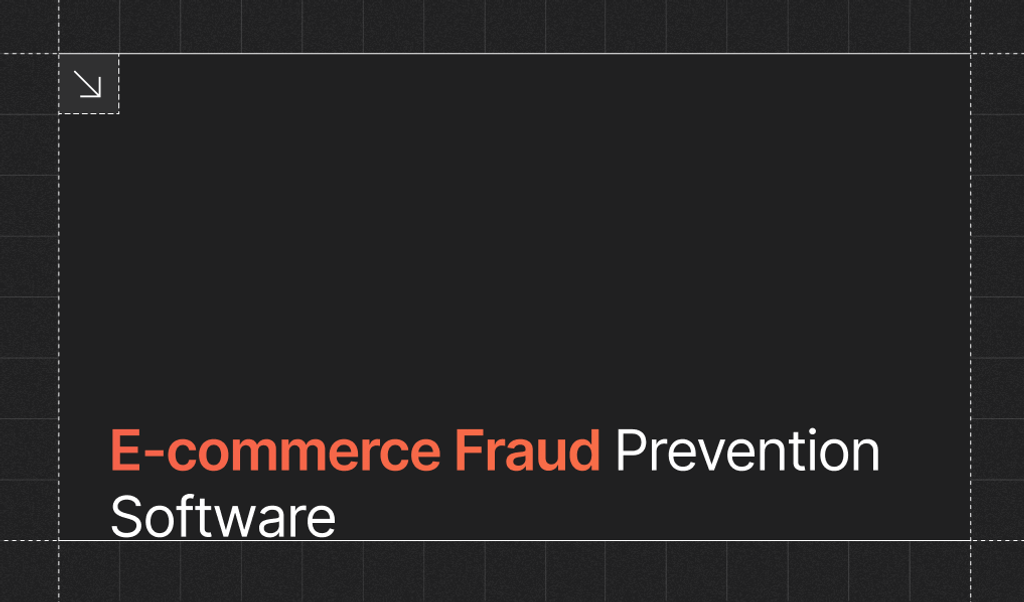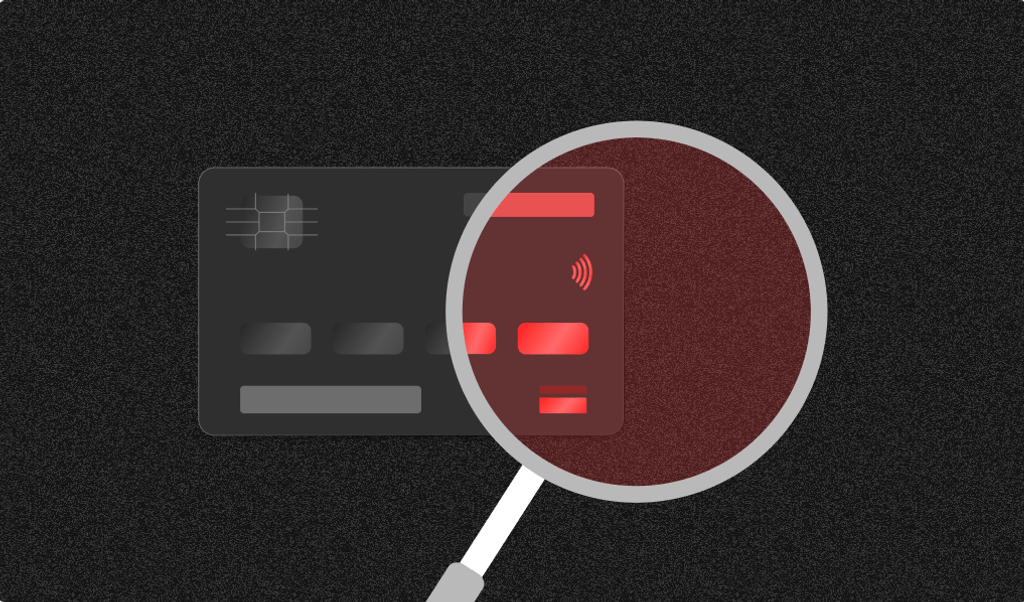Ecommerce fraud Articles
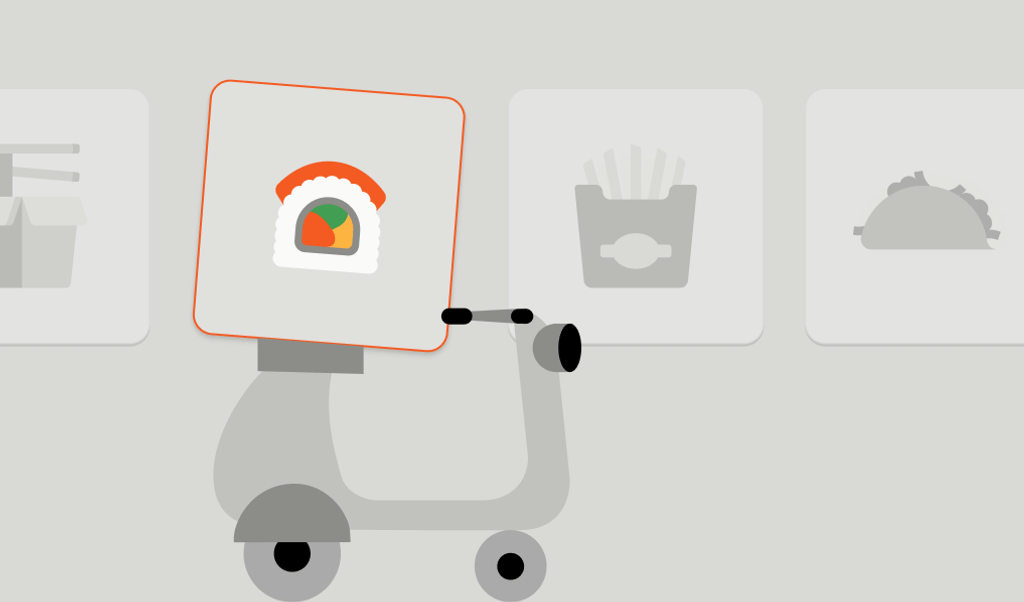
September 4, 2024
Protect your slice of the (pizza) pie: Preventing account security fraud in food delivery services
Food delivery services are a lucrative target for bad actors looking to commit fraud. We detail some of the risks in this post, along with recommended precautions to take.
- Account sharing
- Account takeover
- Ecommerce fraud

